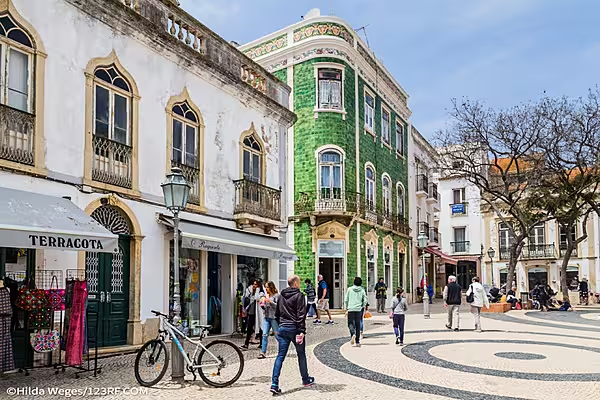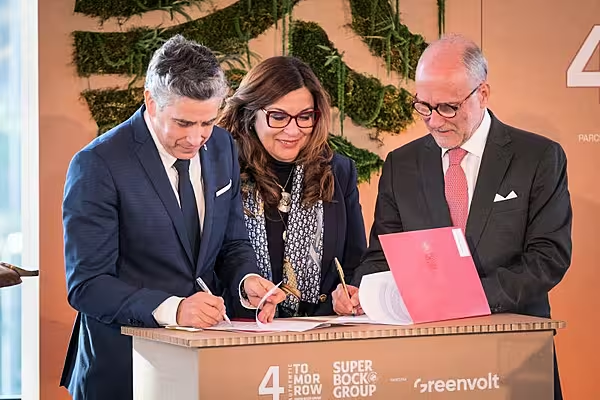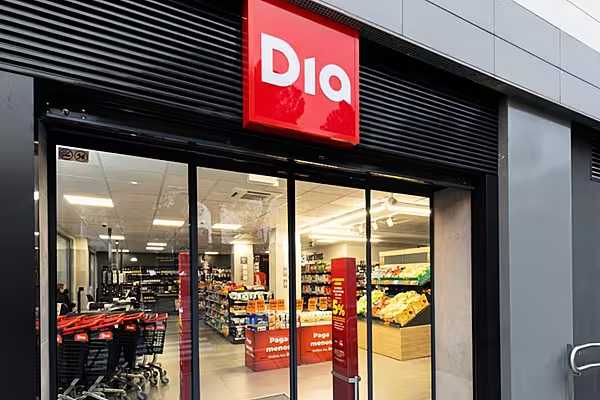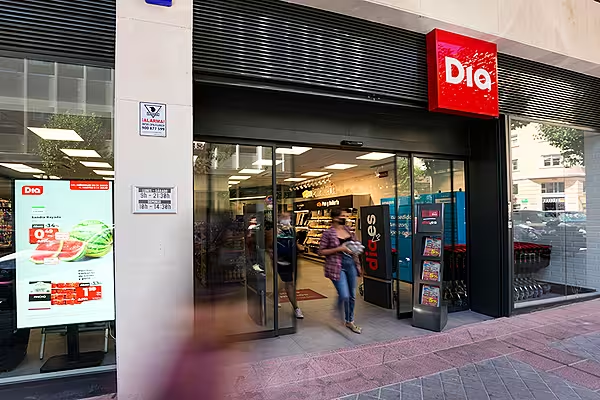Portugal will extend until September a subsidy of €60 a month to help the poorest families cope with food inflation, Prime Minister Antonio Costa has said.
Speaking in parliament, Costa said the three-month extension to the subsidy launched in April would be approved on Thursday and would benefit 10% of the country's population of 10 million people.
Around 900,000 Portuguese take home the national minimum wage of €705 per month, the lowest in western Europe.
Consumer Prices
Portuguese consumer prices spiked 8% year-on-year in May, at their fastest pace since February, 1993, with energy prices rising 27.2% and unprocessed food increasing 11.7%.
"We are trying to control inflation in the way that we can and must do: preventing price increases from contaminating the rest of the economy, namely by controlling energy costs," Costa said.
In April, Portugal reduced a special tax levied on fuel, offsetting around half the increase in the price of diesel that has occurred since October 2021 and 74% of the gasoline price rise.
Earlier this year, certain products were rationed in Portuguese supermarkets, due to the Ukraine conflict impacting suppliers.
Fuel Costs
Portugal and Spain a week ago began to subsidise fossil fuel power plants' generation costs, under a scheme designed to lower electricity prices for consumers and industry. The mechanism is expected to cost Portugal €2.1 billion.
The government is also paying 30% of the increase in gas costs energy-intensive industry such as cement and steel is experiencing compared to 2021. Agricultural companies are also exempt from paying VAT on fertilisers and feed.
Consumers, companies and industry groups say the measures are not enough to help them cope with the spike in prices.
Read More: Mercadona Planning Ten Store Openings In Portugal For 2022
News by Reuters, edited by ESM – your source for the latest A-Brands news. Click subscribe to sign up to ESM: European Supermarket Magazine.











